FRONTRUNNER meets Sabine Schormann, Director of Documenta 15
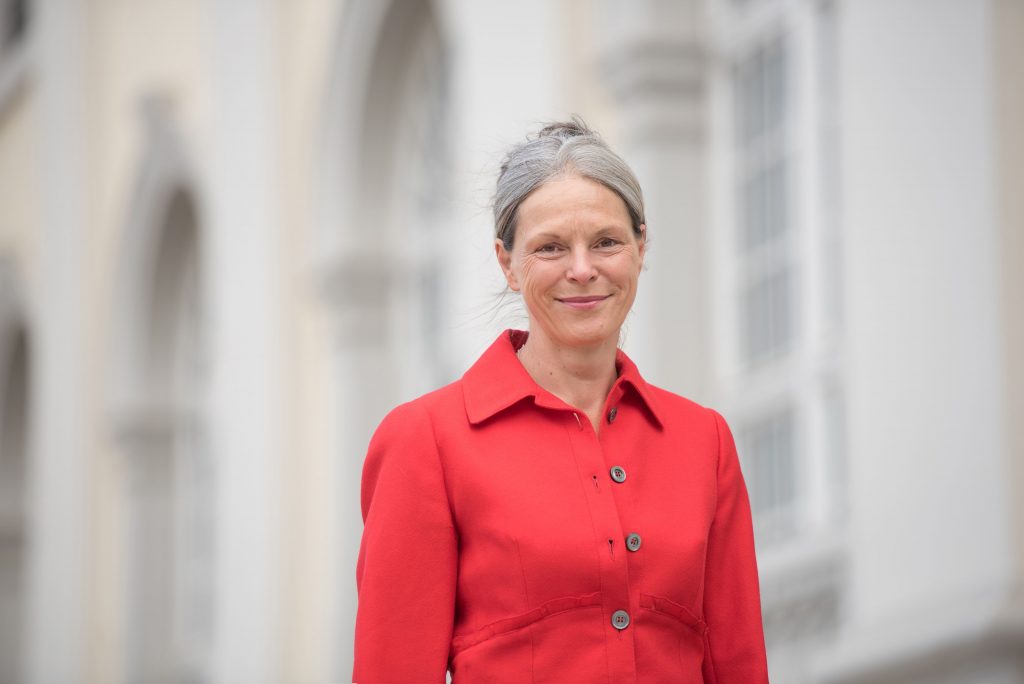
Documenta und Museum Fridericianum gGmbH is known as Documenta, for short. Director General Sabine Schormann has always been passionate about bringing people together and how collaboration lays the foundation for the future. Schormann was offered the prestigious role at Documenta after two decades as Director of the VGH Foundation, the Lower Saxony Savings Bank Foundation, and a career in the arts.
Just one and a half years into the role, faced with the uncertainty of the COVID-19 pandemic, she reflects with FRONTRUNNER on how Documenta will take place in 2022, as well as the importance of its direction.
Tell me a little bit about why you took on the role of Director General, and how Documenta appealed to you.
I had been to every Documenta exhibition since I was an adult, and just loved all of them over the years. When I was asked to join, it was just such a tempting offer to go and make things happen. The job totally fits with my profile and all the work I’ve done so far. In Hanover, I helped manage part of the global exhibition EXPO 2000 and my background is in working for foundations and festivals. I’m all about bringing people together.

©documenta archiv
Photo credit: Ryszard Kasiewicz
One of your first tasks when you arrived was to appoint an Artistic Director. How was the Artistic Direction of Documenta 15 chosen?
Well, when I joined, I started work right away to establish a Finding Committee to identify the right artistic direction. The result is really something very special, and at the same time, somewhat surprising for a lot of people. In my opinion, it was also really far-sighted of the Finding Committee to choose a concept of an artist group and collective. Ruangrupa is an artist collective founded in 2000, which is all about sharing and collaboration. It started as a student initiative, trying to find solutions against oppression, and developed a way of working by sharing space, time and other resources. The group is made up not just of artists, but also of other professions such as musicians and cinematographers. Thus, it’s a diverse team. Their proposal to bring these multiple perspectives to Documenta, and to involve lots of other people and initiatives, is what the Finding Committee loved. The concept is based on a dialogical process and that is fresh and exciting.
Ruangrupa came up with a concept called “lumbung”, which translates as a barn where the community stores rice, for the common good of everyone. It’s distributed democratically through a set of collective processes and traditions. This sharing, the idea of assembling resources and giving them back is all about a big network. It’s a fantastic concept and something that we think is definitely necessary for the artistic world. The collective is all about coming together, reflecting a lot of things that are important to the world as we find ourselves facing uncertainty in new ways. Those things will still be important to us in 2022. We expect to see another type of Documenta then, as we take a step into the future. Documenta is always reinventing itself and I believe that we should always tackle social, economic, artistic questions.
Whenever we look to the future, there’s a certain amount of uncertainty; this pandemic has proved that more than ever. How do you look to the future and try to manage that?
What is unique about Documenta is that we have more time to prepare, and react, than many other exhibitions and biennials. We have five years between each one, meaning we, and the artists at Documenta, have a little more time to understand, digest, and then create. If you want to do something really relevant in terms of history and art, this longer timeframe gives you a bigger opportunity to reflect on needs. More in-depth preparation and less time pressure can help people to see things more clearly. I would say that five years is just about right to be looking forward, and for the public to still be interested. Documenta is established and people are waiting and eager to see what comes next.
I would say that is particularly true as so many of us are looking to the future more than ever. You know, none of us could have known what was round the corner, the Finding Committee couldn’t have known we would all be focused on community and coming together. This need for togetherness won’t go away, that’s for sure and Ruangrupa is giving Documenta an incredible direction with that.
For me, in my position, you always need a lot of flexibility whether there is uncertainty or not. You have a major aim but always adapt to circumstances, availabilities, and so on. We can make plan B or plan C happen, if plan A can’t happen for artists. I always think of the aim at the end of the corridor, and there’s a lot of freedom as to how you get there. It all comes back to flexibility; you particularly need to keep room in your budget if there is an idea that comes along and you think, “Yes, that’s it!” It’s all about making things work within a framework.

Director General, Documenta und Museum Fridericianum gGmbH
Photo credit: documenta archiv
Now that you’re walking down that corridor with Documenta 15 at the end, what is it that you are visualising there?
Well, it actually feels like 2022 is just around the corner. Of course, at the moment, things are more difficult to develop, research is hampered, and getting together with an international team is harder than before. Fortunately, we have digital technologies that we can lean on to move things forward. Our Documenta 15 concept needs a lot of everyday social intercourse and discourse. This means us having fun and hanging out together. We hope that Documenta 15 will be very lively and open, we expect a broad range of art to be showcased; everything from performance to street art. We want it to be sustainable, too. This is a big issue, and we want to show it’s important, to at least lower our ecological impact. For Ruangrupa, it’s one of the main issues for them, too, in a broader sense, including the economic and social questions. I really hope Documenta 15 will be lively, friendly and optimistic, that it has a sense of togetherness, and looks to the future. If every visitor would take that with them, then I would be extremely glad.
What is your personal insight into Documenta’s appeal, and how important is it that it can engage and reach a broad audience?
I have always liked Documenta, and when I’ve visited in the past, I’ve had some exhilarating experiences. At Documenta 13, I found the Huguenot House absolutely fascinating. I’ve never seen anything like that before. It was so different to the distance you sometimes feel visiting a classical art museum, for instance. At Documenta 14, the work by Forensic Architecture with their digital model and forensic methods of researching the murder of Halit Yozgat by the NSU (National Socialist Underground) in an internet café – that was so incredibly powerful. Those are cases where art is so important as a mirror of our society.
The audience is really stretched, and consists of a lot of younger people. 20–30 years olds are our biggest audience, and not just from the artistic community. The general public that makes up our audiences is 65% from Kassel, the region and other parts of Germany, and so nearly 35% of our audience is international. People come because they like the experience of enjoying art together, and the city is transformed by this experience. Interestingly, most people who visit have deep-seated, or even life-changing, experiences and memories. People have come up to me and told me stories about Documenta 6, for example. Some people have decided to start studying art after visiting, and others have sent me photos of themselves from years ago and Documentas past. For me, this deep-rooted emotional experience is what makes Documenta special.
How can we use art to progress and keep progress positive?
In general, art can appear in a lot of different forms; as music, dance, performance, whatever. From each of those, people can always (or almost always) get new ideas, experiences and impressions. Thus, art can help to propel us forward and propel the world forward. It’s something that fills me up, and I love to help people to make these experiences possible.
Art also plays a role in raising awareness for a lot of problems in the world, opening up ways to work together towards creating a better life for many people. Climate change is really a catastrophe everywhere, with people starving, and wars over resources; things that we all know are going on and deteriorating. I hope we manage to solve these questions. We have to improve and stop things from getting worse. I would love to have a tiny, tiny role in making people aware of those existential problems and possible answers to them. Perhaps Documenta 15 and 16 will play a role in that, too. In the end, Documenta is always made up of its artists and their works are what get you thinking and feeling. They always leave me with deep-seated memories and I hope that we can have a similar impact in 2022.

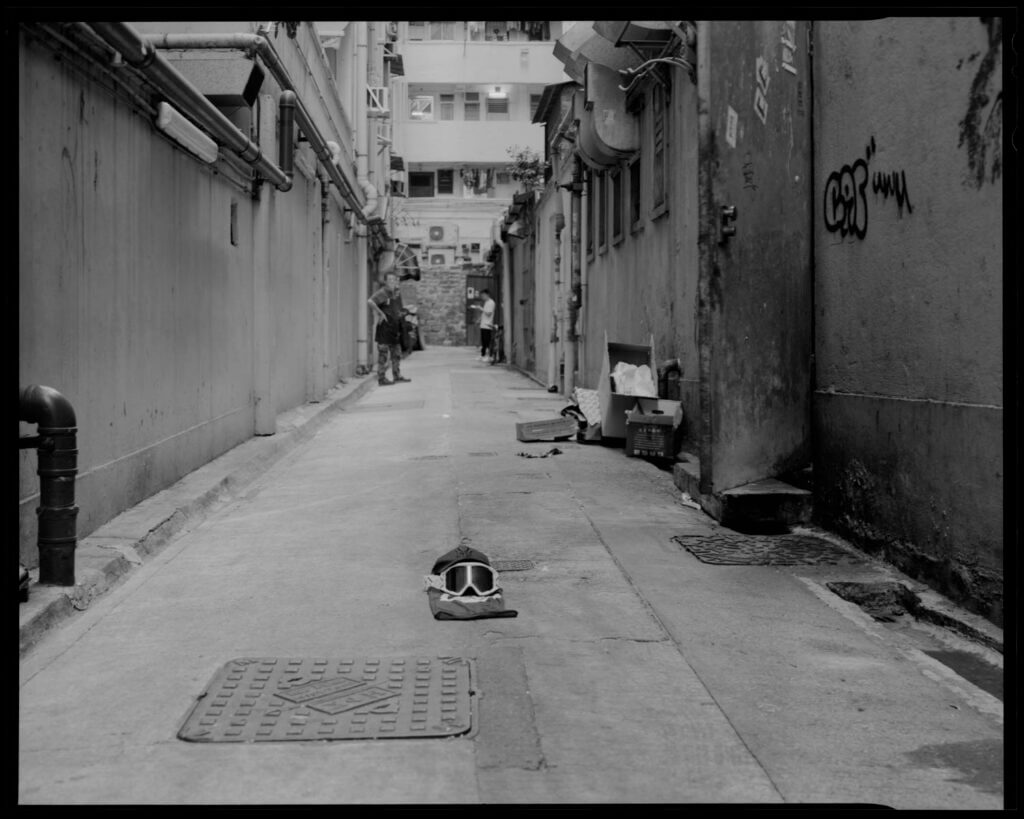
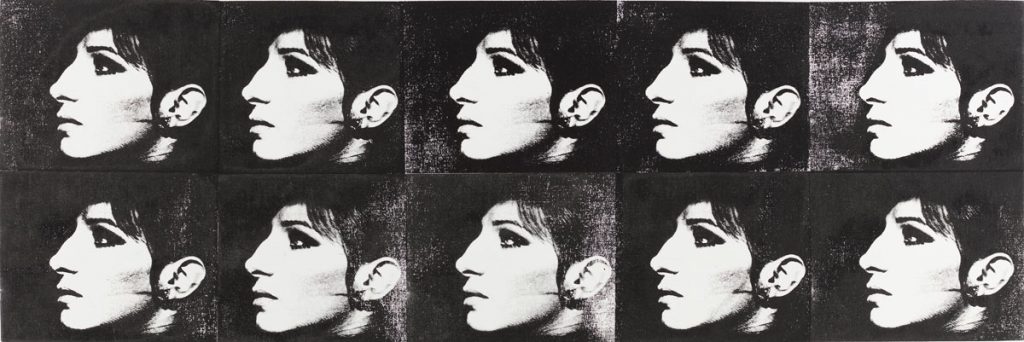
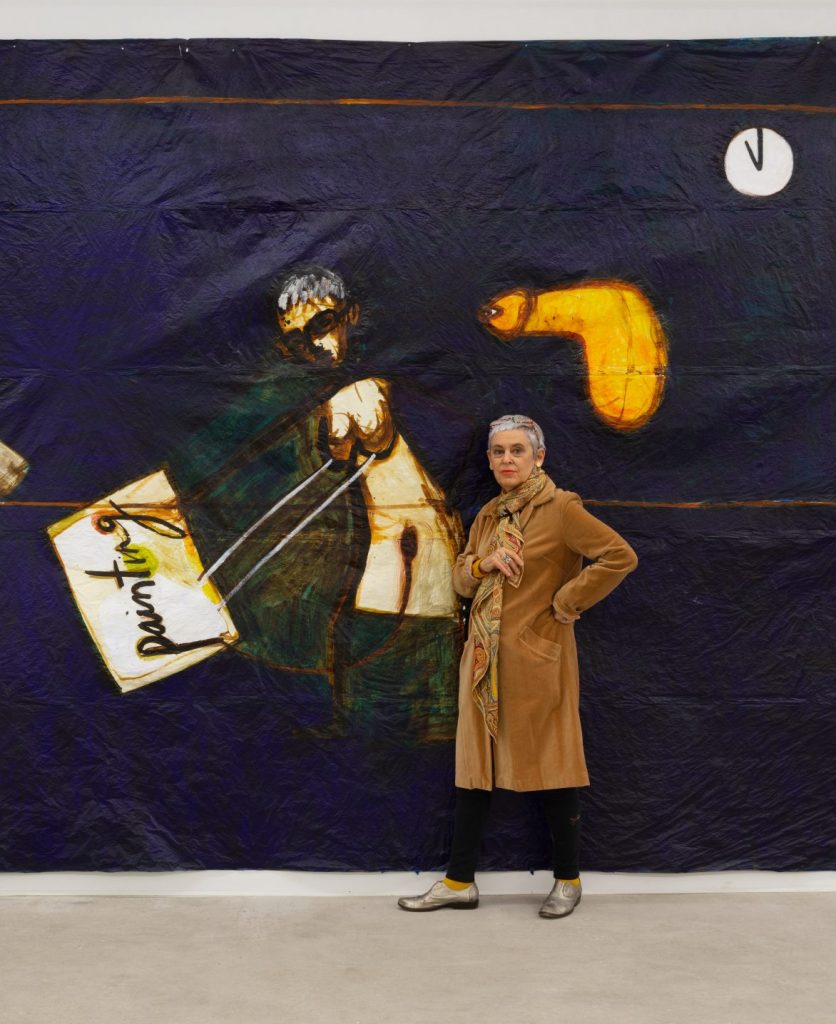
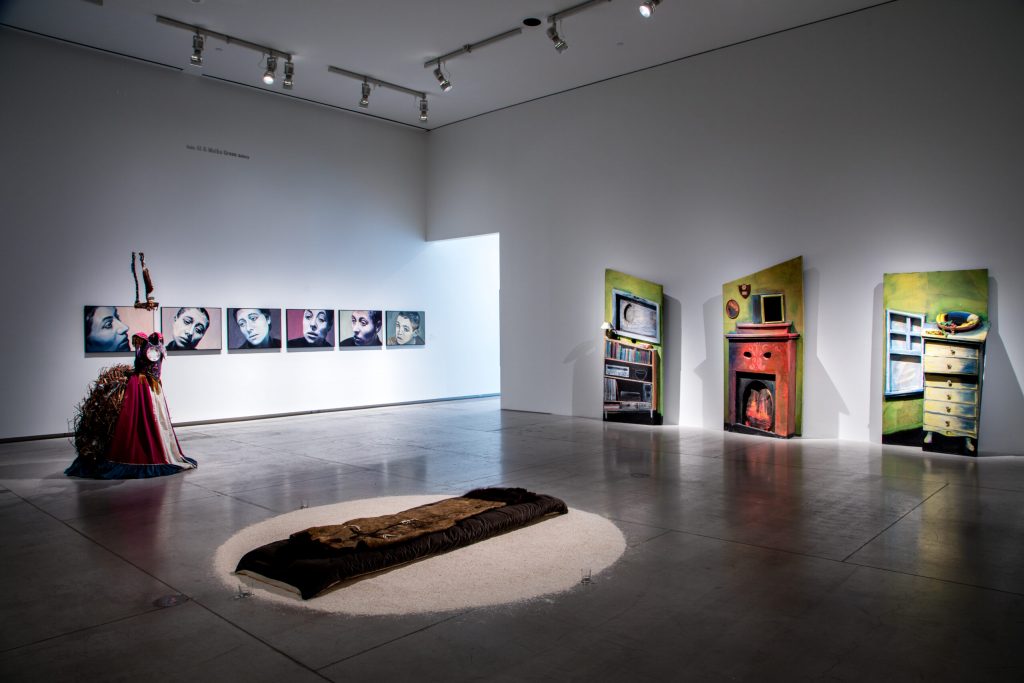
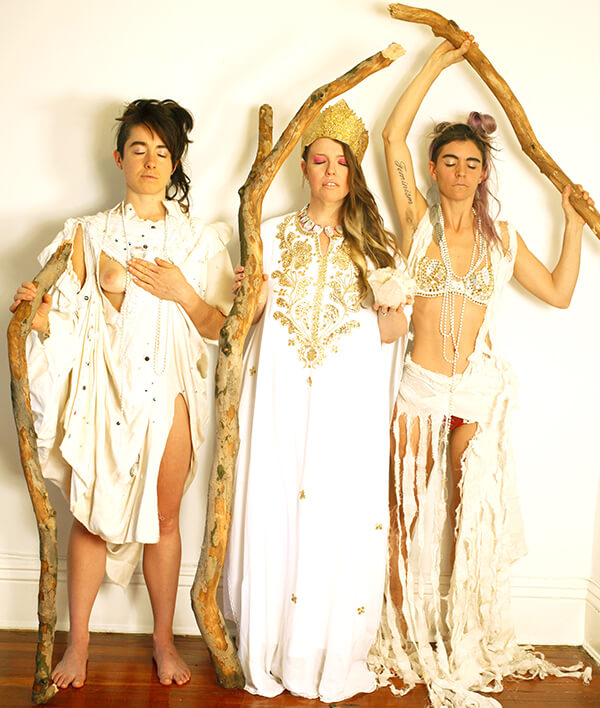
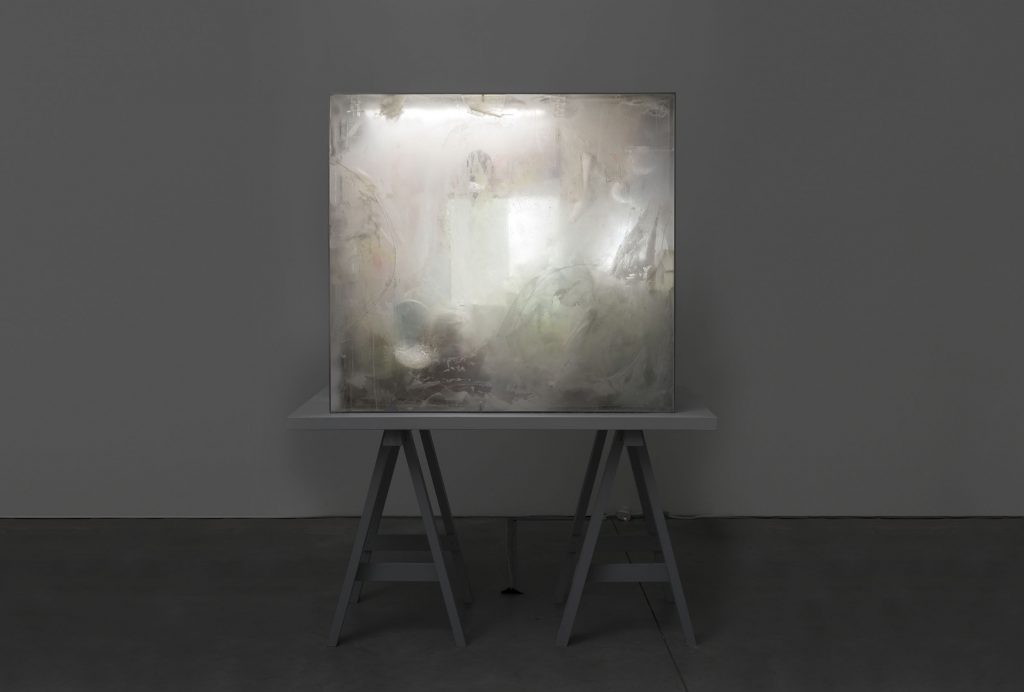
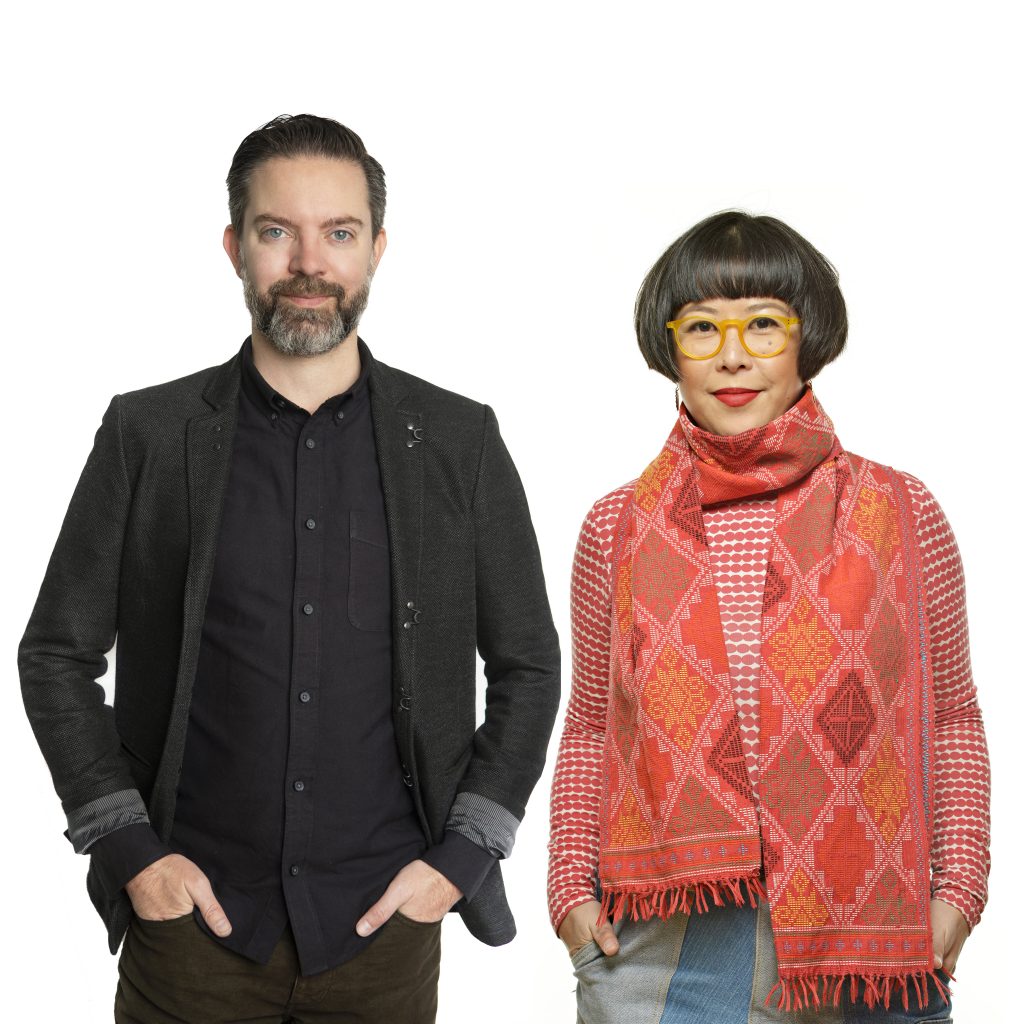
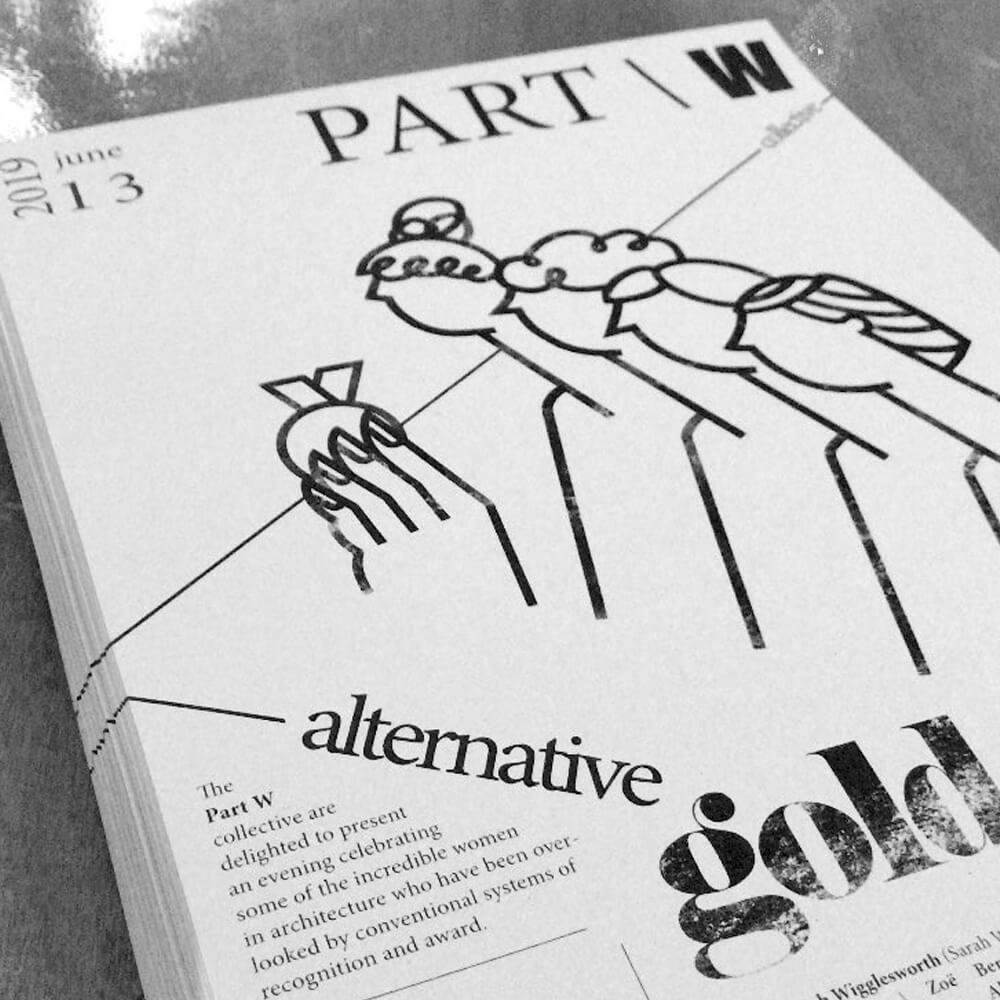
Responses